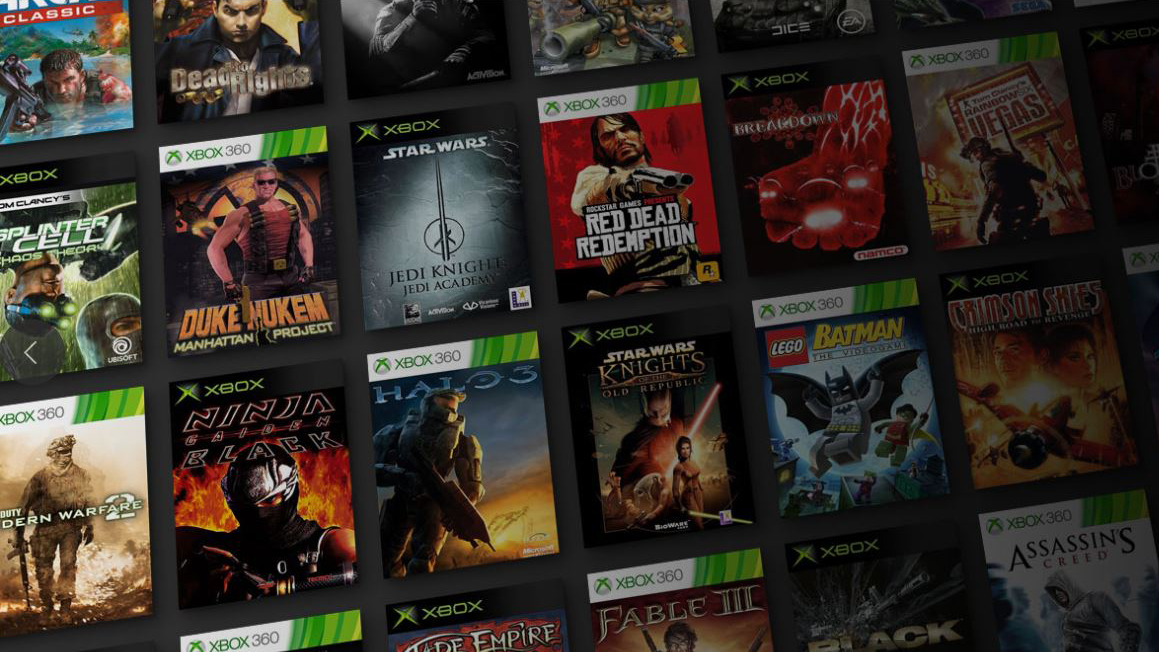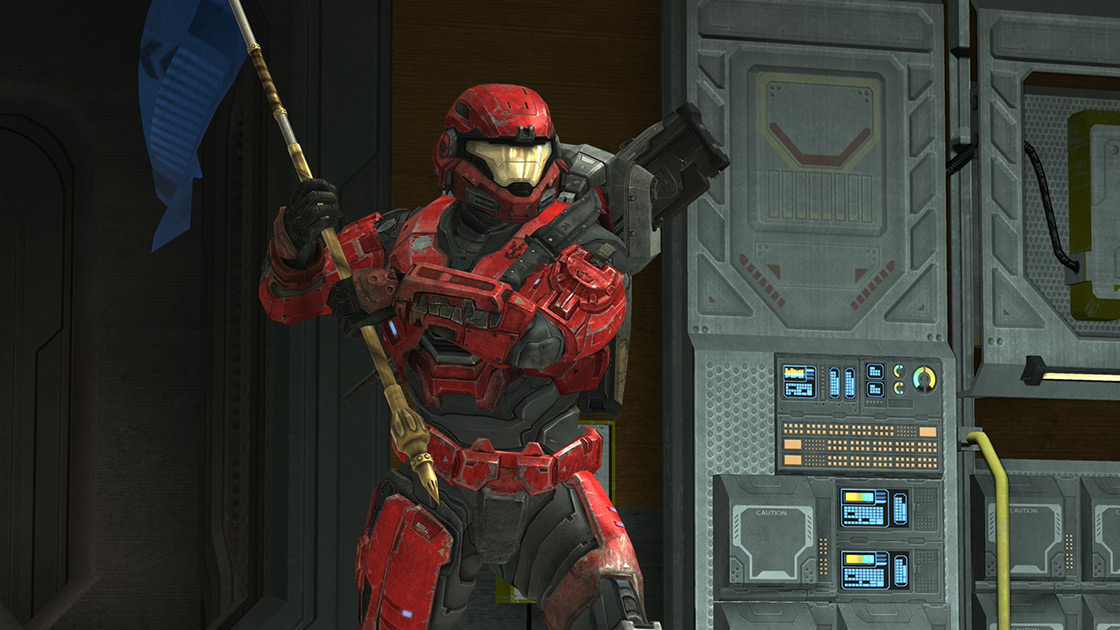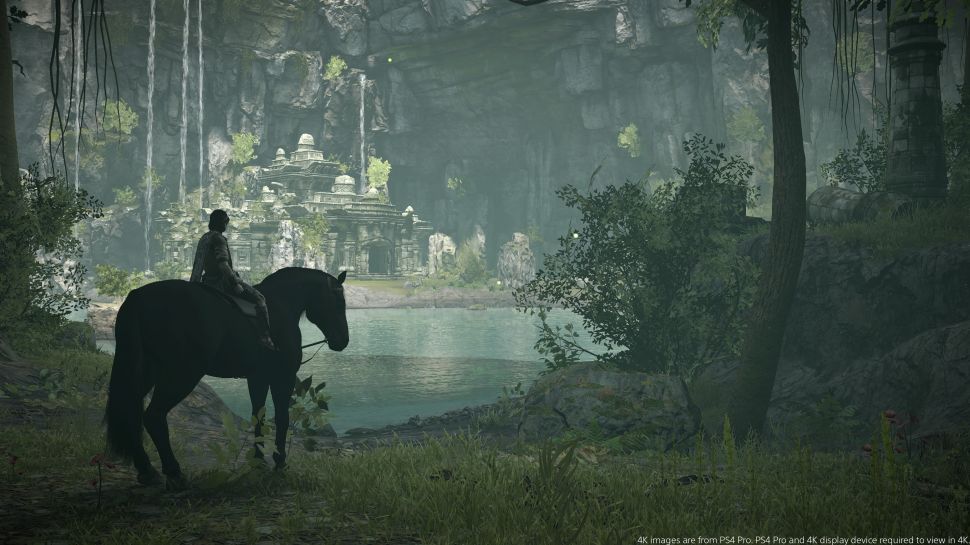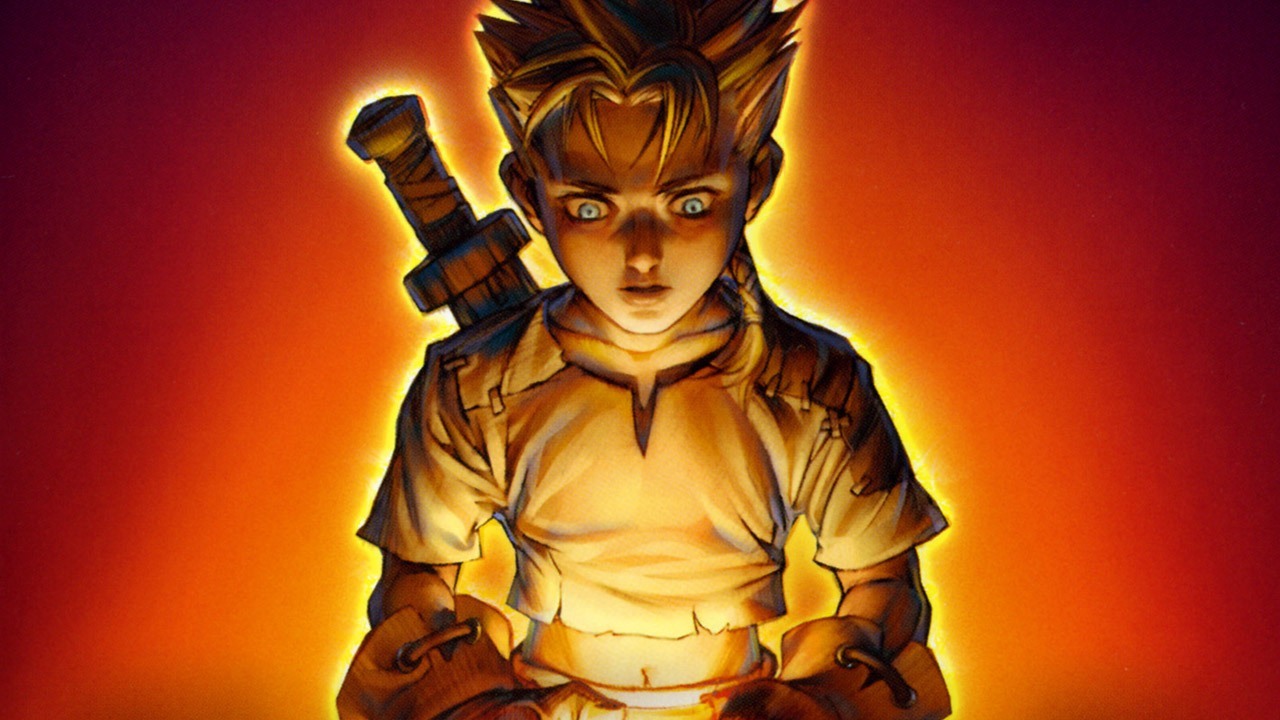What is backwards compatibility? The key PS5 and Xbox Series X feature explained
Here's what you need to know

We're gradually starting to learn more about the PlayStation 5 and the Xbox Series X ahead of their late 2020 release dates, including some key features that will see the next-gen consoles pushing our gaming experiences to the next level.
One of the most talked about features for both consoles has been backwards compatibility. We know both consoles will support it in some way – but what does backwards compatibility actually mean? Why is it important in next-gen consoles? And why should you care about it? Let us explain.
- PS5 release date, news, specs, and rumors
- Xbox Series X release date, specs, news, and launch titles
- PS5 vs Xbox Series X: what we know so far
What is backwards compatibility?
Backwards compatibility is when a piece of hardware can run software or peripherals from an older piece of hardware in the interest of posterity and preservation.
In the case of games, for example, it means that a newer console can play games originally designed for an older console. Like the Xbox One being able to play original Xbox games.
This is different to remasters or remakes that port or rebuild the game from the ground up for a new platform.
What is forwards compatibility?
Forwards compatibility, on the other hand, sees older hardware being able to support software and peripherals designed for new hardware.
So, for example, Xbox Series X's Smart Delivery feature is essentially forwards compatibility as it will allow Xbox Series X games to work on the Xbox One (read on to find out more).
Get daily insight, inspiration and deals in your inbox
Sign up for breaking news, reviews, opinion, top tech deals, and more.
Xbox One backwards compatibility

Despite launching with no support for Xbox 360 titles, the Xbox One currently supports 575 Xbox 360 titles and 41 original Xbox titles.
That’s a long way off of the 3088 titles released across both consoles, but Microsoft is clearly interested in game preservation. In fact, the company is touting compatibility as one of the three pillars of the upcoming Xbox Series X, alongside power and speed.
On Xbox One, backwards compatibility is achieved at the software level. Essentially, the console turns itself into an Xbox 360 to be able to “trick” software. While games aren’t being added to the compatibility list anymore, this allowed the Xbox One to play selected Xbox 360 (and original Xbox games) purchased digitally or on any old discs you may have had laying around.
PlayStation 4 backwards compatibility

While early versions of the PlayStation 3 were able to play PS2 titles (before rising hardware costs meant Sony wound it back at the hardware level), the console was eventually able to play original PlayStation One titles purchased on the store.
With the PlayStation 4 generation, Sony placed a big bet on streaming services to pick up some of the slack in terms of backwards compatibility.
PlayStation Now allows for players to stream selected games from PS2, PS3 and PS4. Originally a streaming-only feature, PlayStation Now does offer some PS4 games as downloads, but those with poor internet speeds need not apply and even those with great connections will find that input lag can cause issues in more reaction-based games.
Next-gen backwards compatibility

Both Microsoft and Sony have been somewhat lacking when it comes to backwards compatibility this generation, so what's going to change with the Xbox Series X and PS5?
Well, let's start with the PS5. Sony has played its cards close to its chest so far when it comes to PlayStation 5 details, but we do know the console will support backwards compatibility. It has been confirmed that Sony's next-gen console will be backwards compatible with PSVR hardware and "almost all" PS4 games.
We don't know whether this will stretch further but there have been rumors that the PS5 will be backwards compatible with four generations of PlayStation games, meaning its games library could stretch right back to the glory days of the mid 90s.
Microsoft, meanwhile, has confirmed that the Xbox Series X will support backwards compatibility for original Xbox, Xbox 360 and Xbox One games. In addition, these games will benefit from faster load times, higher resolutions and improved visual fidelity. Not enough for you? The Series X will also support backwards compatibility for all Xbox One hardware.
But not only is Microsoft looking backwards, it's also looking forwards. The Xbox Series X will feature the aforementioned Smart Delivery system that, in some respects, could be seen as forwards compatibility.
Smart Delivery will seemingly ensure that you have the right version of a game, no matter which Xbox console you’ve bought it on. So, for instance, if you were to buy a cross-generation game on the Xbox One, you’ll have a souped-up version waiting for you as soon as you fire up the more-powerful Xbox Series X. Microsoft’s first-party titles will offer this by default, but it’s a feature that will be optional for third-party developers and publishers.
Why is backwards compatibility important?

Games, consoles and their peripherals are expensive. When you decide to spend your hard-earned cash on a new gaming console or game, you want to know that it won't become redundant in just a few years. That's why backwards compatibility is important, as it means you don't have to scrap your old console and games to upgrade to the newest - more expensive - thing.
There's also, quite simply, the nostalgia factor. If the success of recent remasters and remakes has taught us, it's that we love to play games from yonder years – even if they're not quite how we remember them.

Lloyd Coombes is a freelance tech and fitness writer for TechRadar. He's an expert in all things Apple as well as Computer and Gaming tech, with previous works published on TopTenReviews, Space.com, and Live Science. You'll find him regularly testing the latest MacBook or iPhone, but he spends most of his time writing about video games at Dexerto.